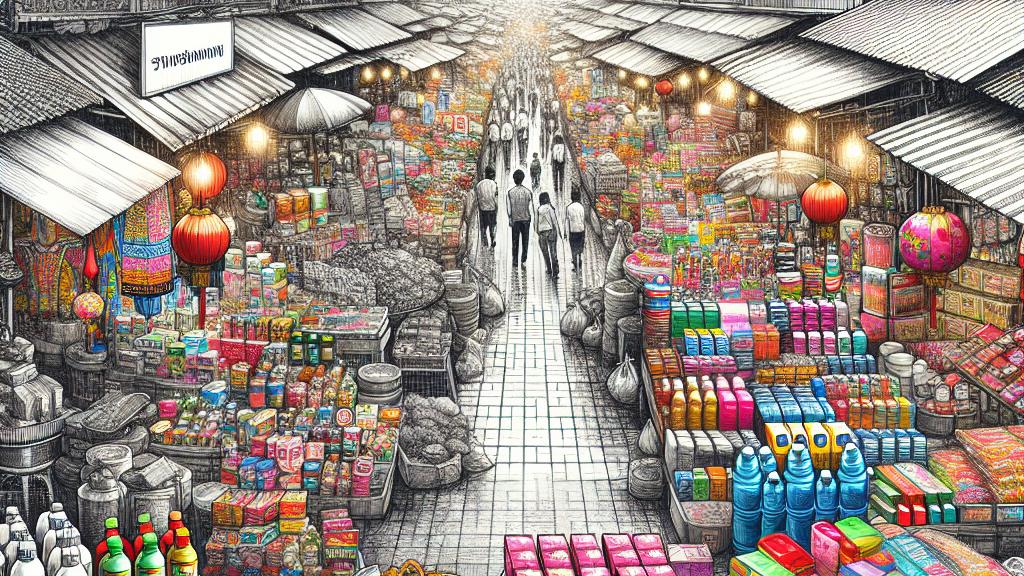Thai Ministry Battles the Tide of Chinese Imports!
Overview
- The Thai Commerce Ministry is tackling a significant surge of Chinese imports.
- Rigorous safety and quality regulations are set to be enforced.
- New e-commerce laws aim to protect local businesses from international competition.

The Challenge of Chinese Influx
In the heart of Thailand's vibrant economy, a formidable wave is crashing upon the shores—an influx of Chinese goods that has sparked concern among consumers and officials alike. Minister Pichai Naripthaphan recently highlighted critical facts; many of these imports, particularly everyday items like chemical products and garments, fail to meet essential safety standards. Imagine walking through a crowded market filled with colorful products, only to discover hidden risks that threaten everyday safety. This isn't just an economic dilemma; it's akin to navigating treacherous waters without a compass, making swift government action essential to ensure public welfare.
A Multifaceted Approach to Regulation
In a proactive response, the Thai government is rolling out a multifaceted plan to manage this escalating issue. This strategy includes tightening regulations around taxation and requiring compliance with safety standards for all imported products—essentially creating a fortified barrier for the local market. Every item entering the country must present proof of safety certification, which acts like a protective shield for consumers against potentially hazardous goods. Furthermore, the government mandates foreign e-commerce companies to establish a physical presence in Thailand. This step not only levels the playing field for local businesses but also reinforces local manufacturing integrity amidst the tides of international commerce.
Navigating International Trade Relations
As these measures unfold, the Chinese Embassy in Thailand offers an intriguing counterpoint, indicating that a significant portion—nearly 80%—of exports from China consists of key components essential for Thai manufacturing. This perspective invites a broader discussion on the intricate balance between local consumer protection and the benefits of global trade. The embassy's commitment to support regulatory compliance demonstrates a recognition of shared goals in product safety. As both nations engage in dialogue, they stand at a pivotal intersection; the potential for collaboration exists, allowing them to harness collective strengths while ensuring that trade does not compromise the safety and well-being of consumers in Thailand.

Loading...